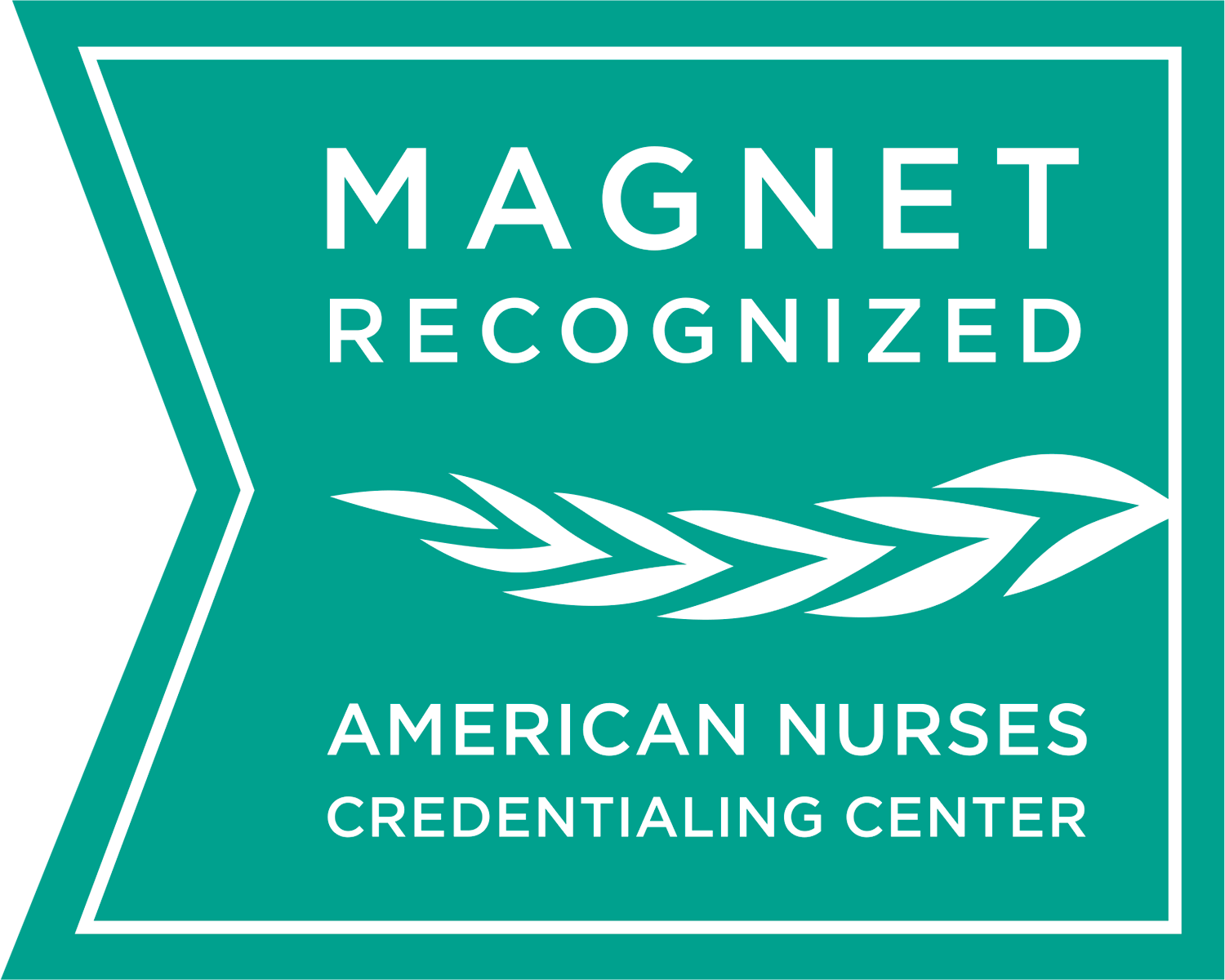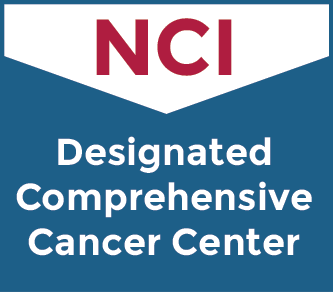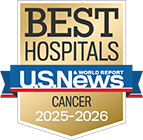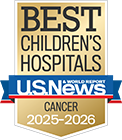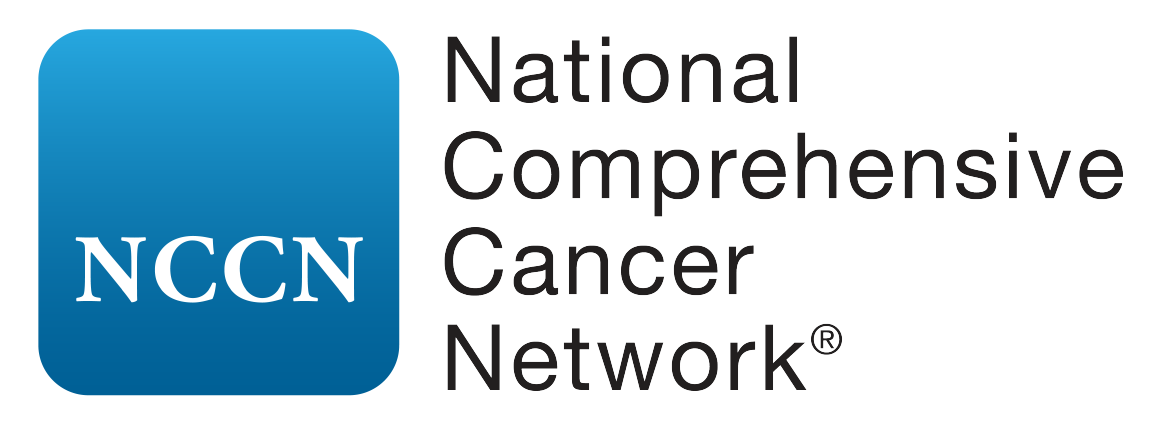Our bioinformatics team is well-equipped to go beyond the standard quality control (QC) analyses typically performed for our genomic research offerings. While these core QC steps ensure high-quality data, most research projects require more advanced, customized analyses tailored to specific scientific questions and project goals. By offering more focused analyses, we can address the unique requirements of each study. This may include refining variant detection, identifying rare or complex structural rearrangements, enhancing cell-type or gene expression profiling, or integrating multi-modal datasets. Custom analyses allow researchers to derive deeper insights from their data and optimize results for publication or downstream applications.
Our team can engage in an iterative process, working closely with researchers to refine and adapt the analyses as new data or preliminary findings become available. This approach ensures that the computational strategies evolve in line with project needs, potentially uncovering novel biological insights that would be missed in a standard pipeline. These bespoke services are offered on a fee-for-service basis, allowing us to allocate the necessary resources and expertise to deliver high-quality, customized results. Please inquire if you are interested in learning more.


